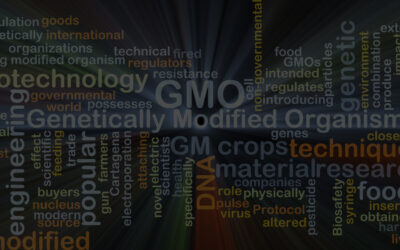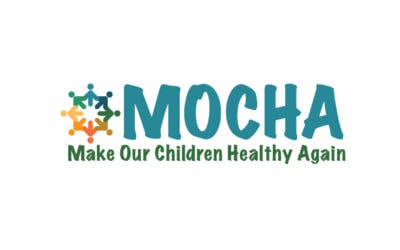Bacillus thuringiensis (Bt) puts out toxic compounds that cause inflammation and tissue damage in the organs of specific insect pests such as caterpillars.
The genes from Bt have been inserted into several genetically modified crops so that the plants produce pesticides themselves. The GM industry argues that this is no different from what organic farmers do when they spray Bt bacteria; however, this is a massive distortion of the facts. Organic farmers spray live bacteria onto the crop, not the Bt toxins. During the night and early morning, pests eat the bacteria, infecting them so that the bacteria release their toxins and eventually kill the pests. It is destroyed by ultraviolet light, so usually, none will survive more than a day or two, and consumers will not be affected by the toxins produced by Bt.
On the other hand, every cell of a Bt GMO plant and its produce contains the Bt toxin, so livestock and people are consuming these pesticide compounds. Despite assurances that they have been tested for safety, most Bt GMOs receive no or minimal testing. The assumption is that because the Bt toxin is considered safe for non-target species, the Bt in the GMO produce is also safe.
However, there are several published, peer-reviewed scientific studies showing that the process of inserting the Bt gene from the bacteria into the plant changes the way Bt works. These studies show that it causes organ damage and inflammatory diseases in the animals that consume the plant. A Canadian study published in the scientific journal Reproductive Toxicology found the pesticide toxin from GMO crops in the blood samples of women and their unborn babies. The GMO toxin was found in 93 percent of maternal blood samples and 80 percent of fetal blood samples. These women were eating the typical Canadian diet. The products of these pesticide-producing plants have been permitted in the diets of people, especially children, without any peer-reviewed, evidence-based testing to show that they are safe. An extensive body of published scientific studies shows that these toxins are linked to numerous adverse health events in animals.



